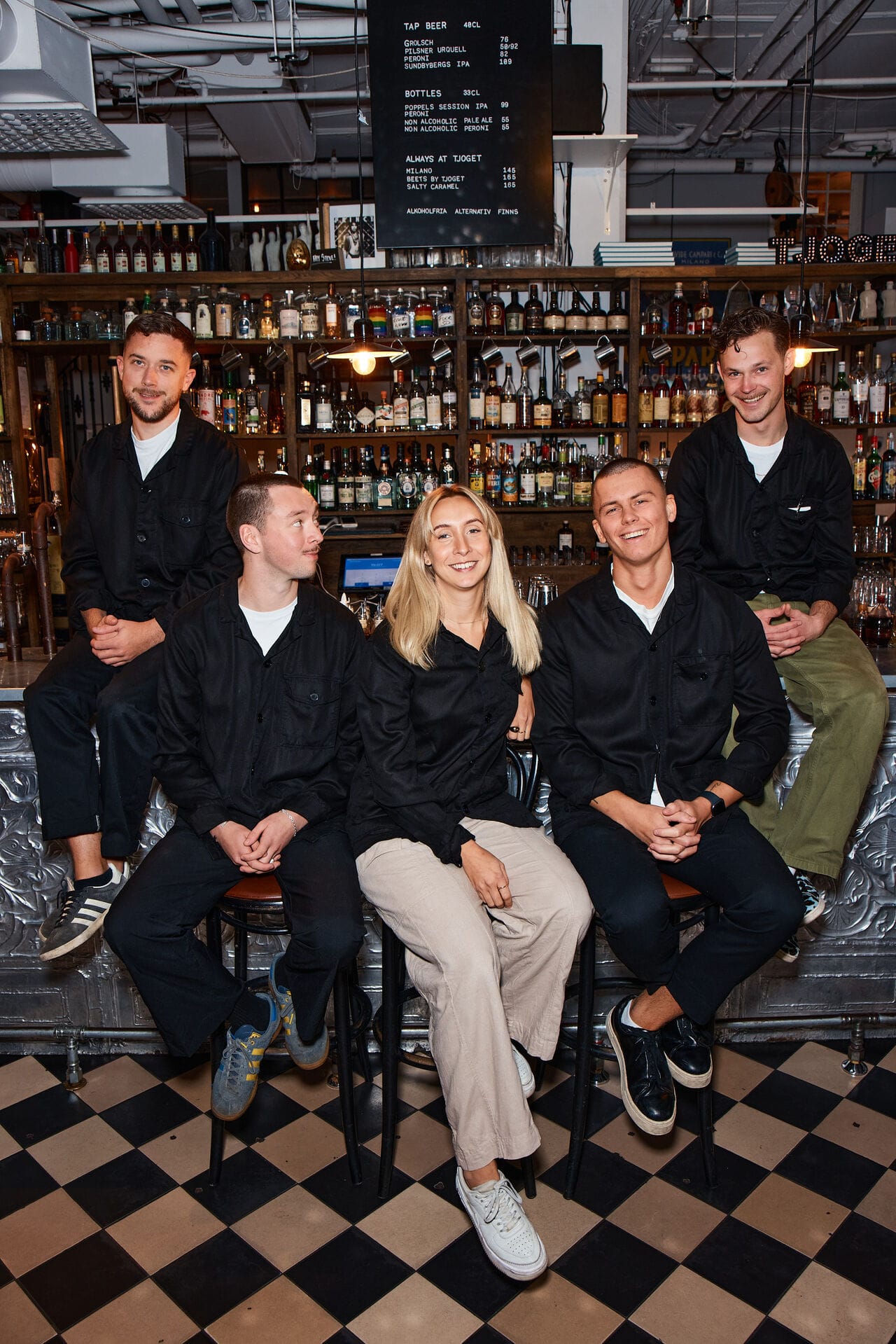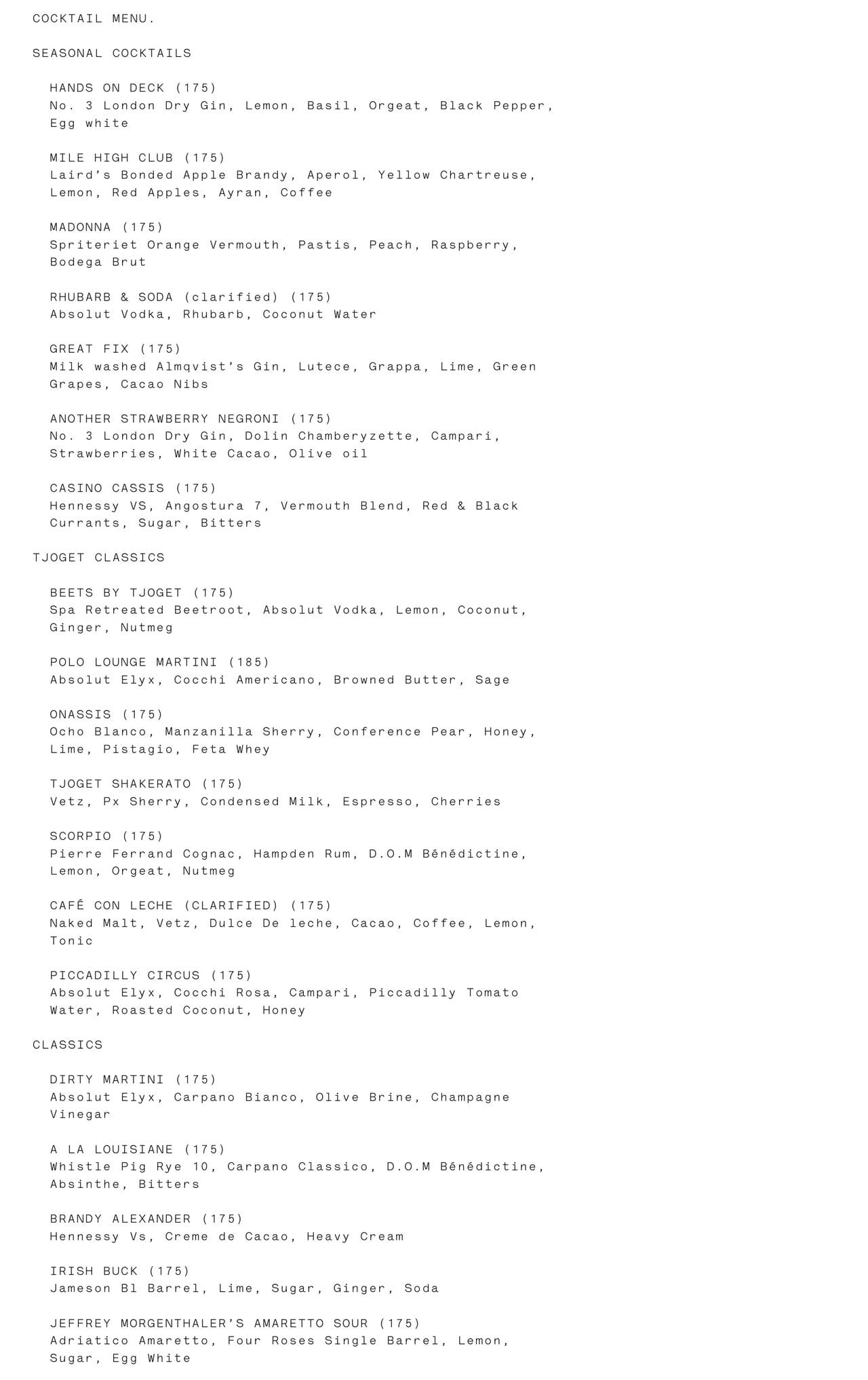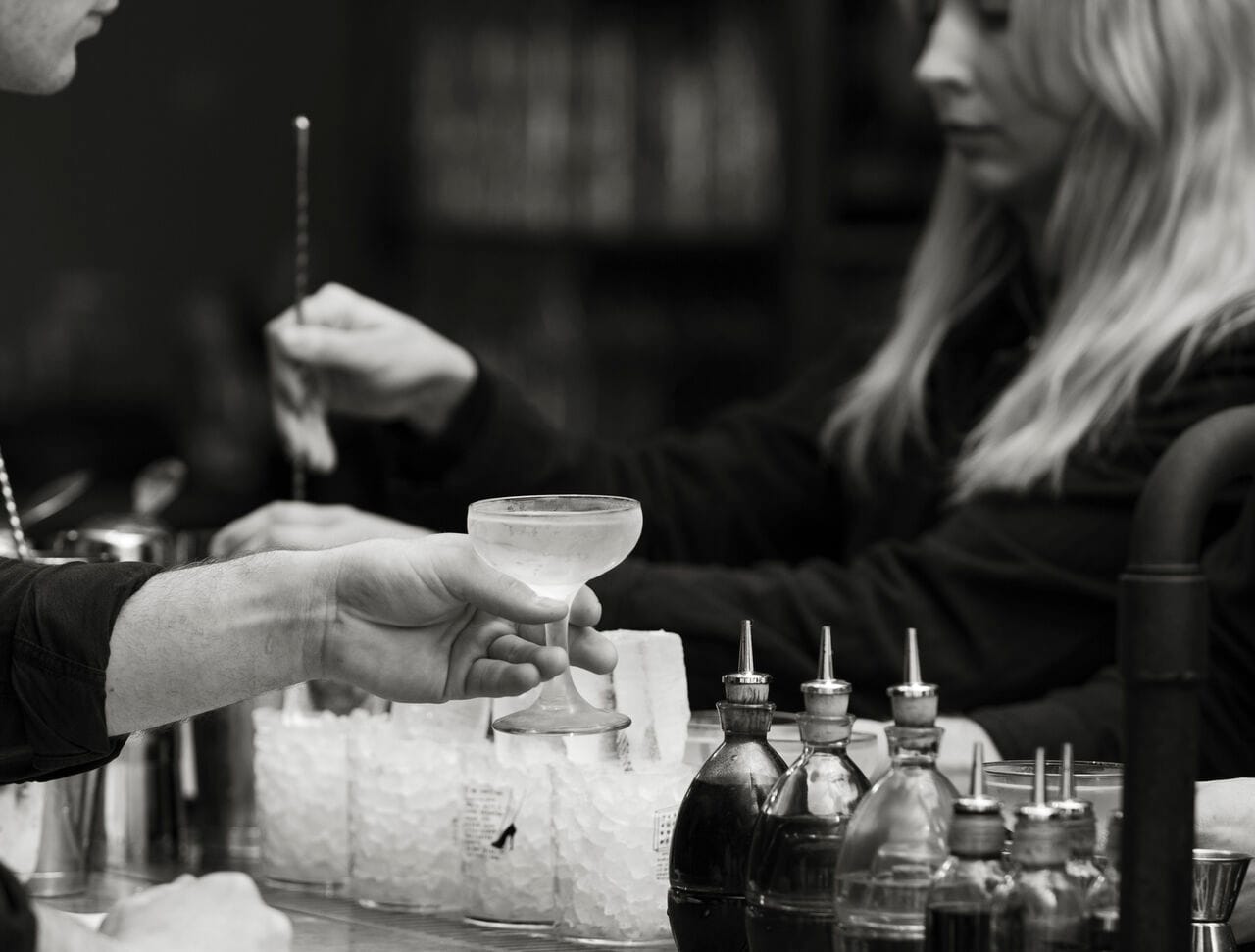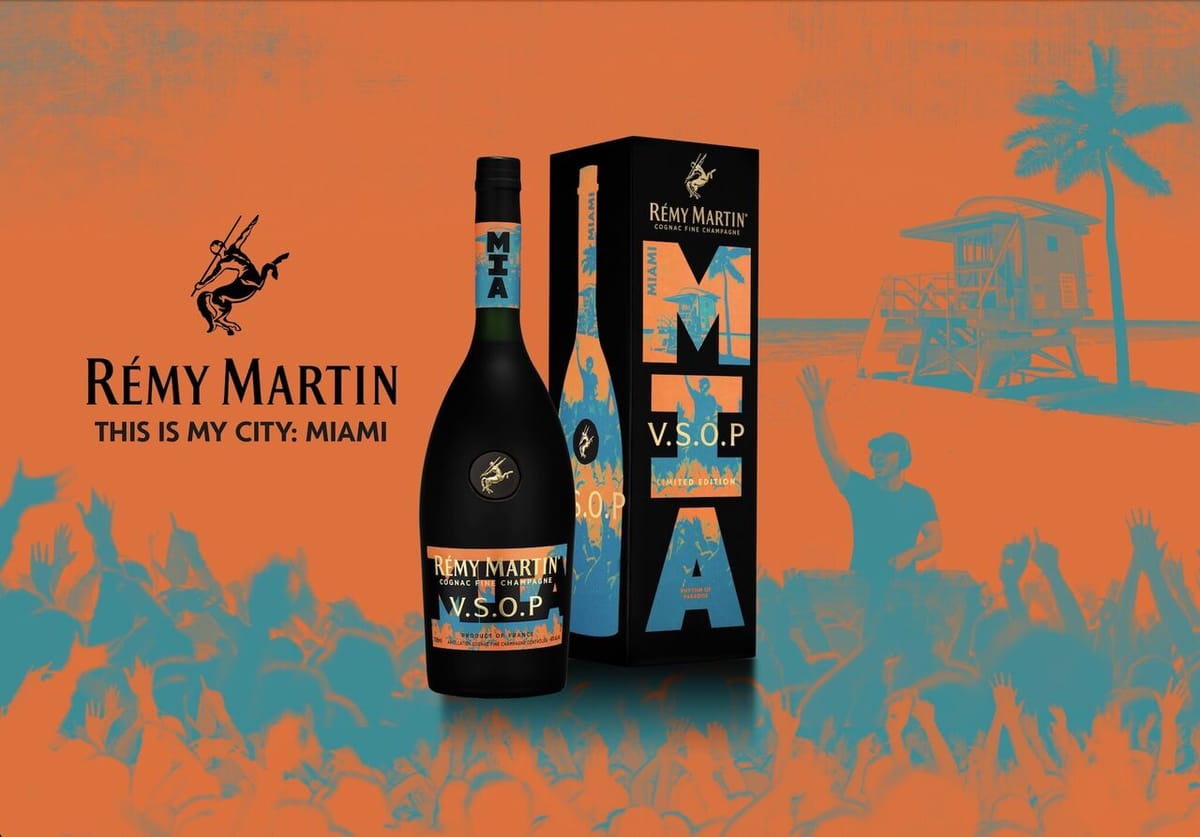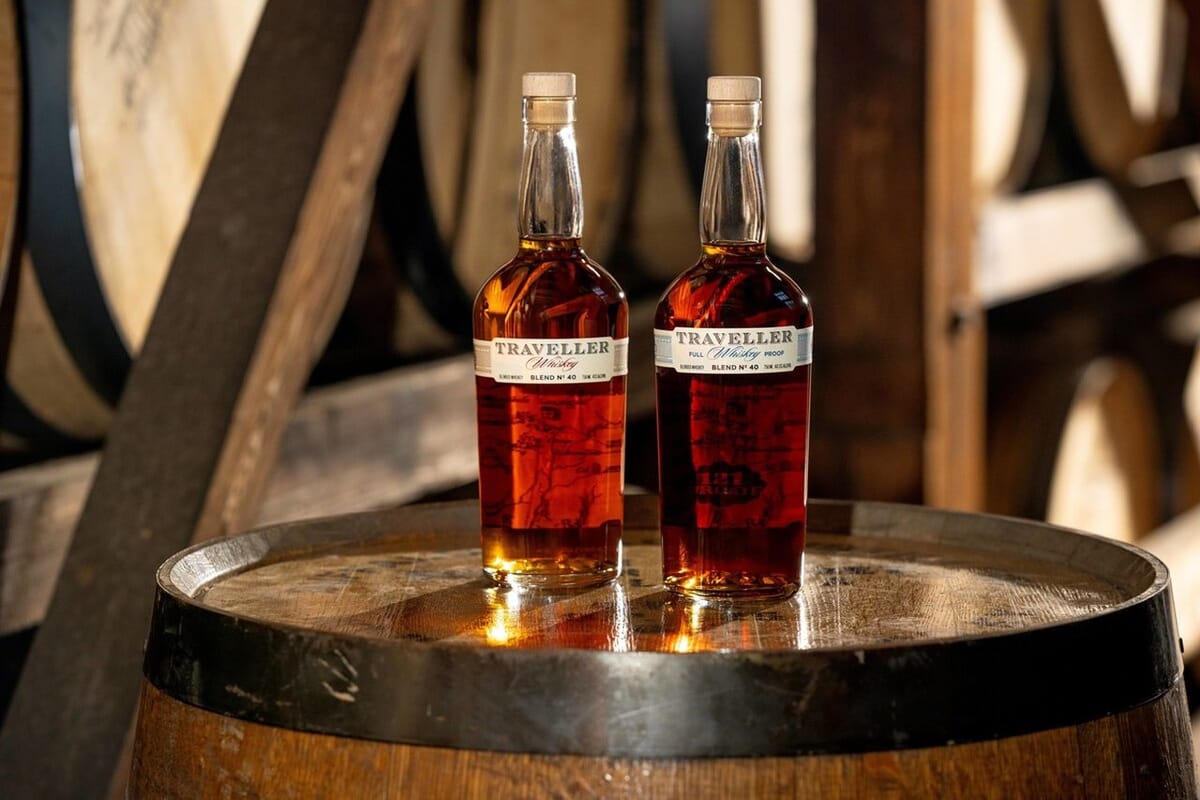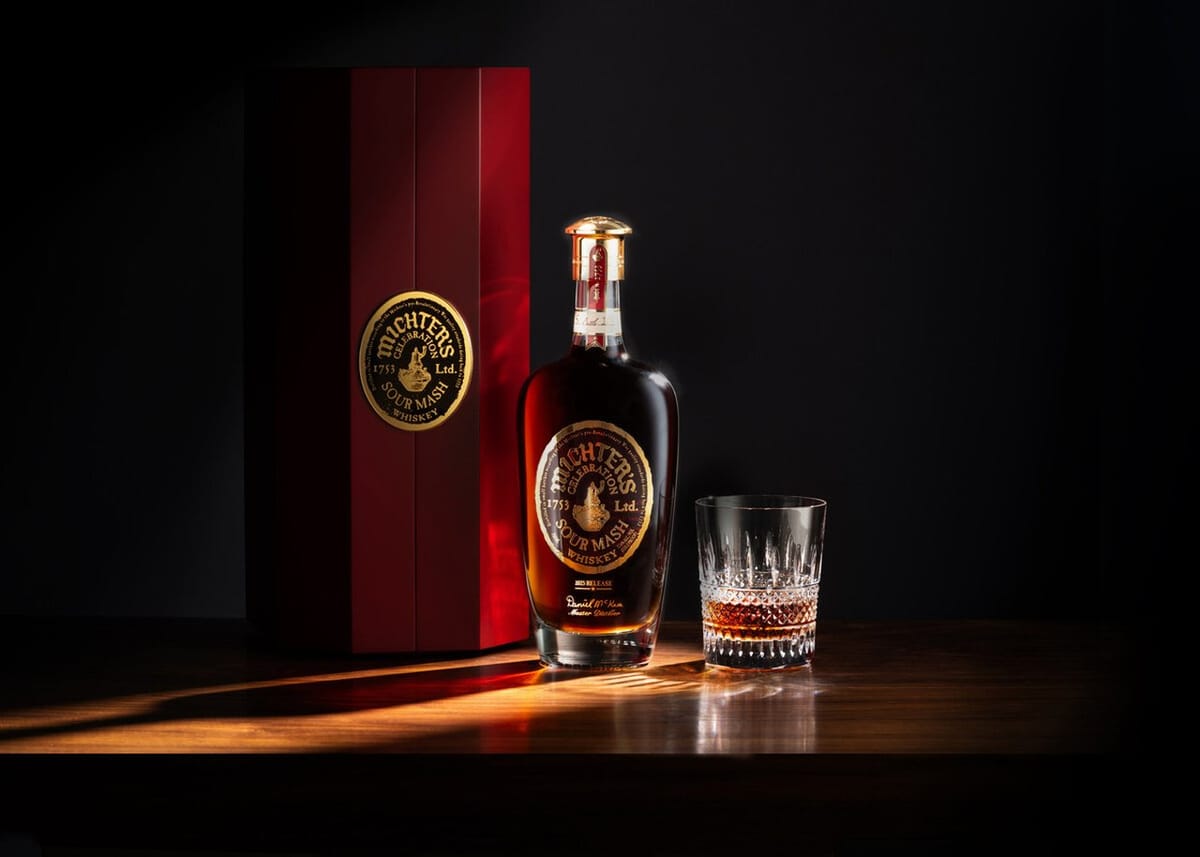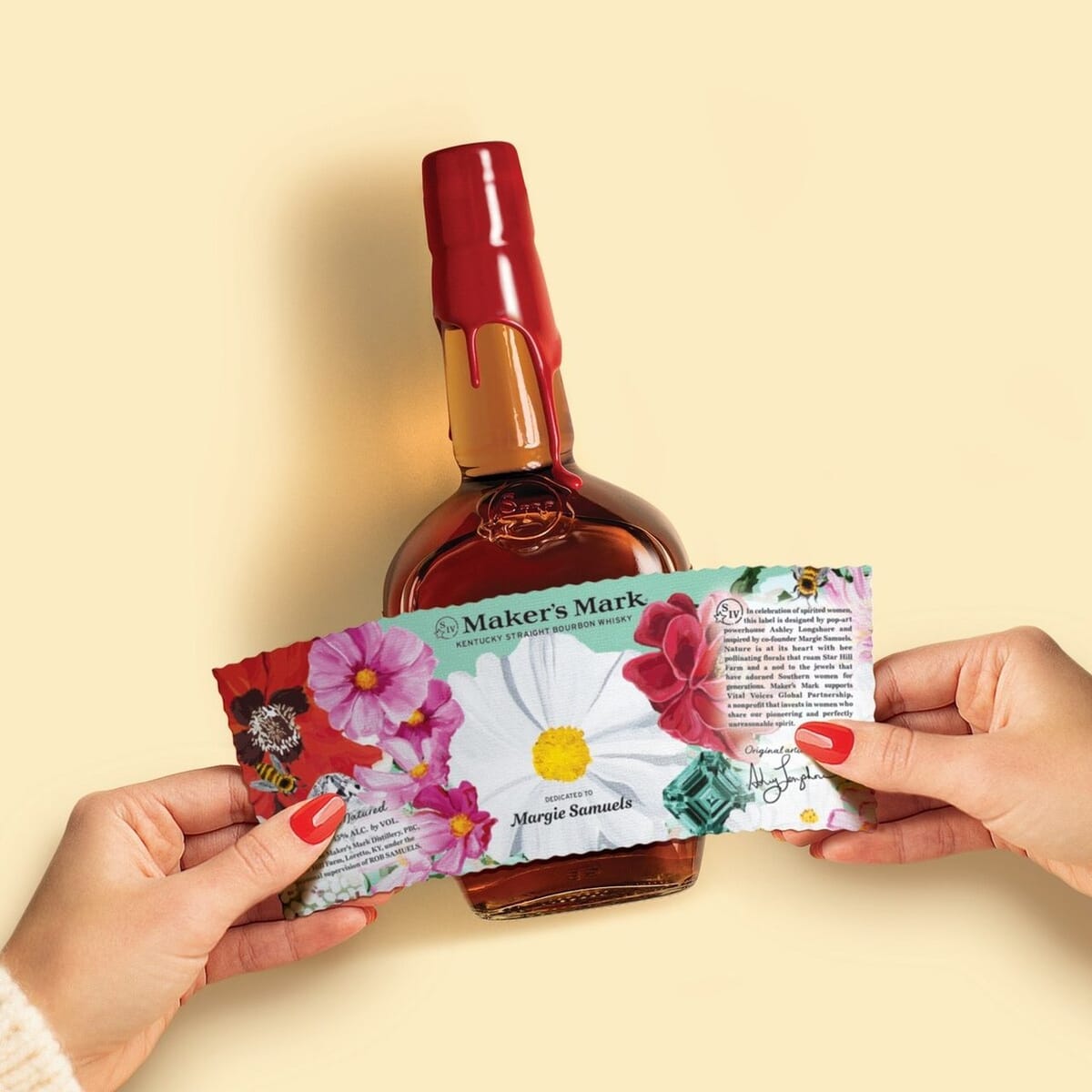Hedda Bruce: "Tjoget is, first and formost, a neighborhood bar"
Tjoget has just won the “People’s Choice” for Sweden at the Bartender's Choice Awards. Its Bar Manager, Hedda Bruce, discusses the venue’s concept, the unique aspects of Stockholm's vibrant cocktail scene, before reflecting on her own journey, which earned her the title of “Improver of the Bar”.
Jigger Daily: Can you tell us about Tjoget ?
Hedda Bruce: Yes, of course. Tjoget is, first and foremost, a neighborhood bar. We draw inspiration from the Mediterranean region, both North African countries and southern Europe, for the ingredients in our food and drinks - with a touch of a New York-style ambiance. So, we try to blend these two influences.
When you step into Tjoget, on the left side, you have a beer bar. And at the heart of everything is our cocktail bar. Walk around the bar, you have the dining area. So, it’s a very spacious venue with a standing capacity of 300 people. And right next door, there’s a bodega that you can also access from the inside.
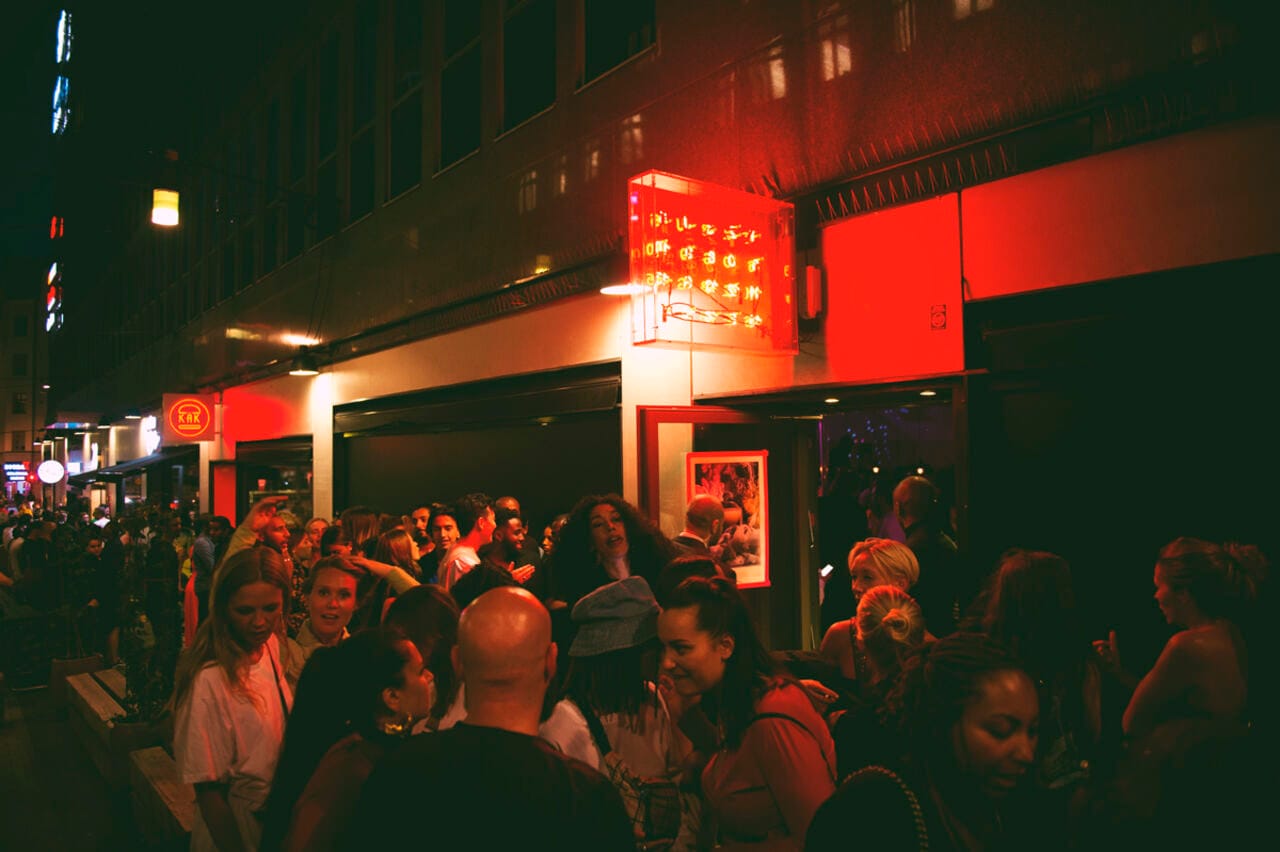
Is Tjoget more of a restaurant or a cocktail bar ?
Since it’s mandatory, in Sweden, for bars to serve prepared food, we are both! We take pride in being a high volume cocktail bar that also serves delicious food. And I would say that’s exactly what makes Tjoget such a great neighborhood establishment. Because, whether you’re in the mood for some cocktails, beer or wine, or simply just a bite to eat - you can stop by having your needs met.
What do you think of this requirement to serve food with alcohol ?
In my experience, guests stay longer if they can eat, and with the strict laws about alcohol consumption in Sweden, serving food in bars (whether it comes in smaller portions or as a full restaurant experience) helps the guest handle their alcohol limits much better, so I think it’s only a good thing.
By the way, are spirit-free cocktails popular in Tjoget ? And in other cocktail bars of Stockholm ?
The range and quality of non-alcoholic options at bars has significantly improved in recent years. Nearly all bars now offer a thoughtfully crafted selection of non-alcoholic cocktails. The variety of non-alcoholic beers is also excellent, giving a wide range of choices for those looking for alcohol-free beverages.
The Swedish context also includes the climate. How do you approach the seasonality of ingredients ?
It’s very dark and very cold for about six months of the year in Sweden, so some ingredients don’t grow for half the year. So you learn to plan ahead and/or use different ingredients in winter, so that’s a way to work around it just fine. And if you want to use fruits in winter, for example, you can preserve them, in that way the flavor can be enjoyed throughout the rest of the year.
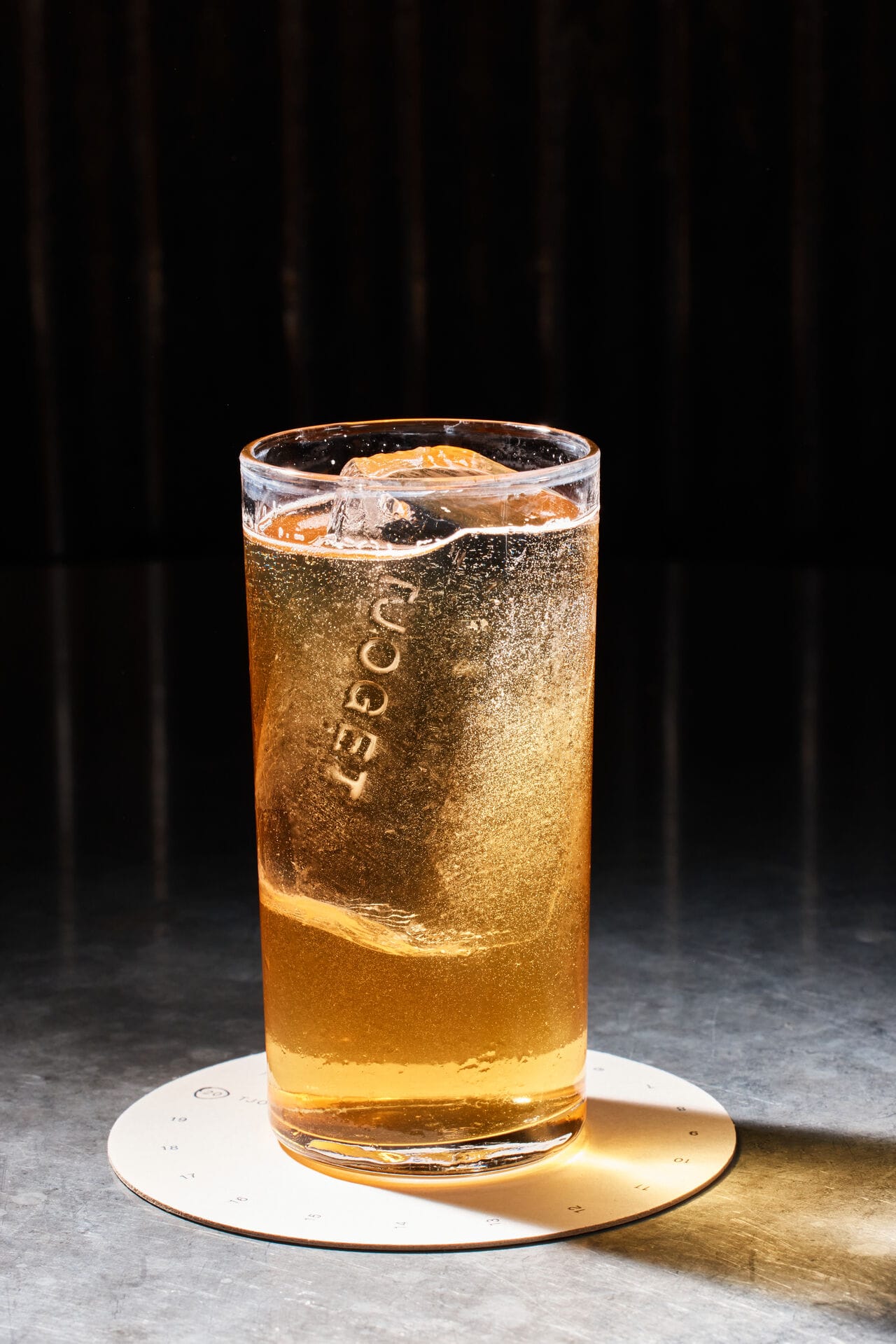
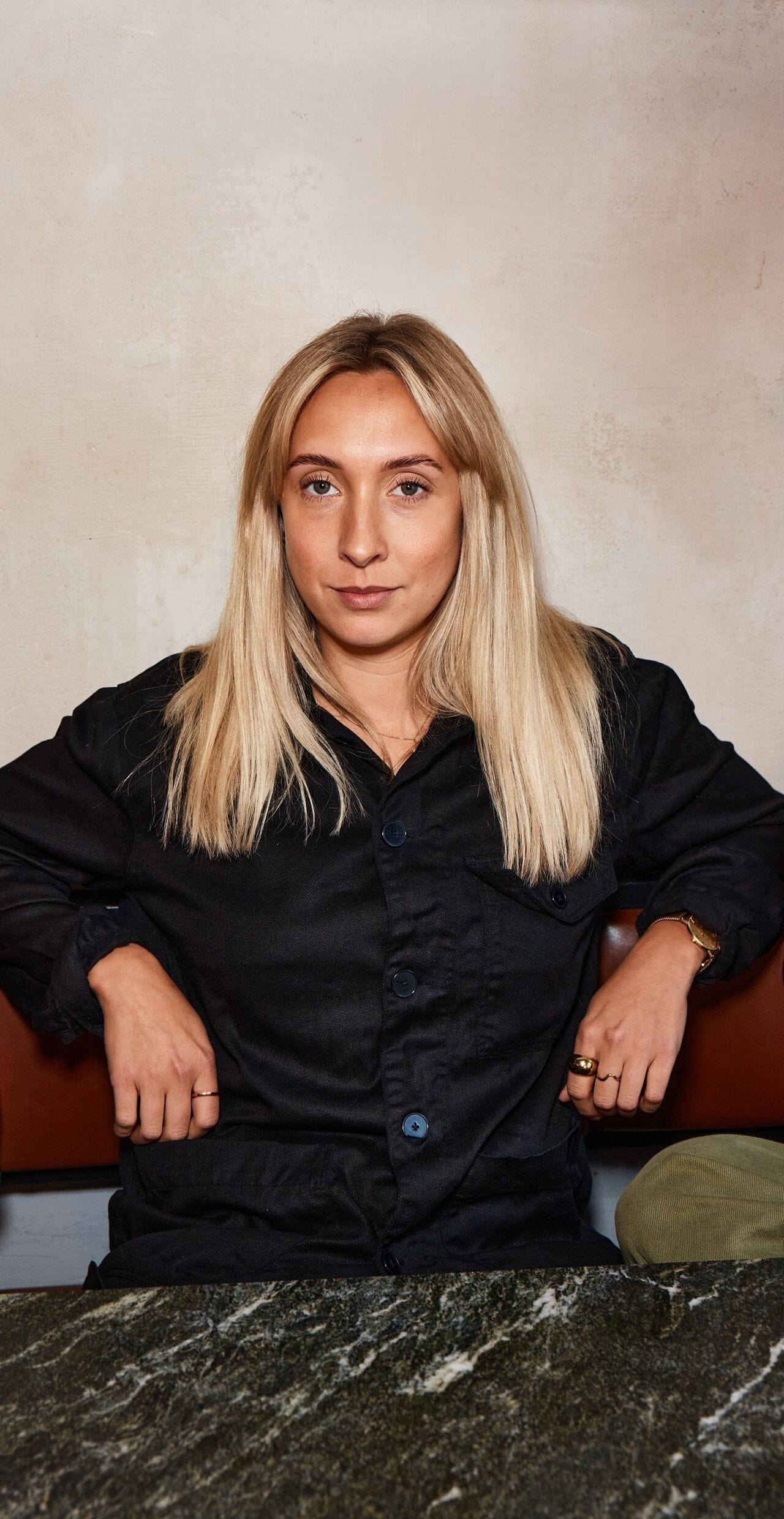
Well, you don’t use a lot of Swedish ingredients, so maybe you don’t have much trouble with seasonality ?
Well, we love working with Mediterranean spirits and, during the winter season, we tend to use more fortified wines, amaros and herbs in the cocktails. But e.g. during summer season, we love pairing those same spirits with Swedish fruits, berries etc that you also find in mediterranean countries.
How would you describe the cocktail scene in Stockholm right now ?
It’s never been better! Proud to say that we have some really strong and cool bars. I find the community being more daring in finding their own style and DNA - which also makes it easier to send people elsewhere. It’s nice to know they’ll get a totally different (and great!) experience when visiting the other bars.
Have there been any recent noteworthy openings we should know about ?
One of the best new openings right now is Afterglow, which is located on the same island as Tjoget and is a really cool bar. The owners, Josephine Sondlo and Jack Parker, have built everything themselves. Besides that, Röda Huset just opened up their 2nd floor which could be described as fine dining, but instead with a cocktail set menu.
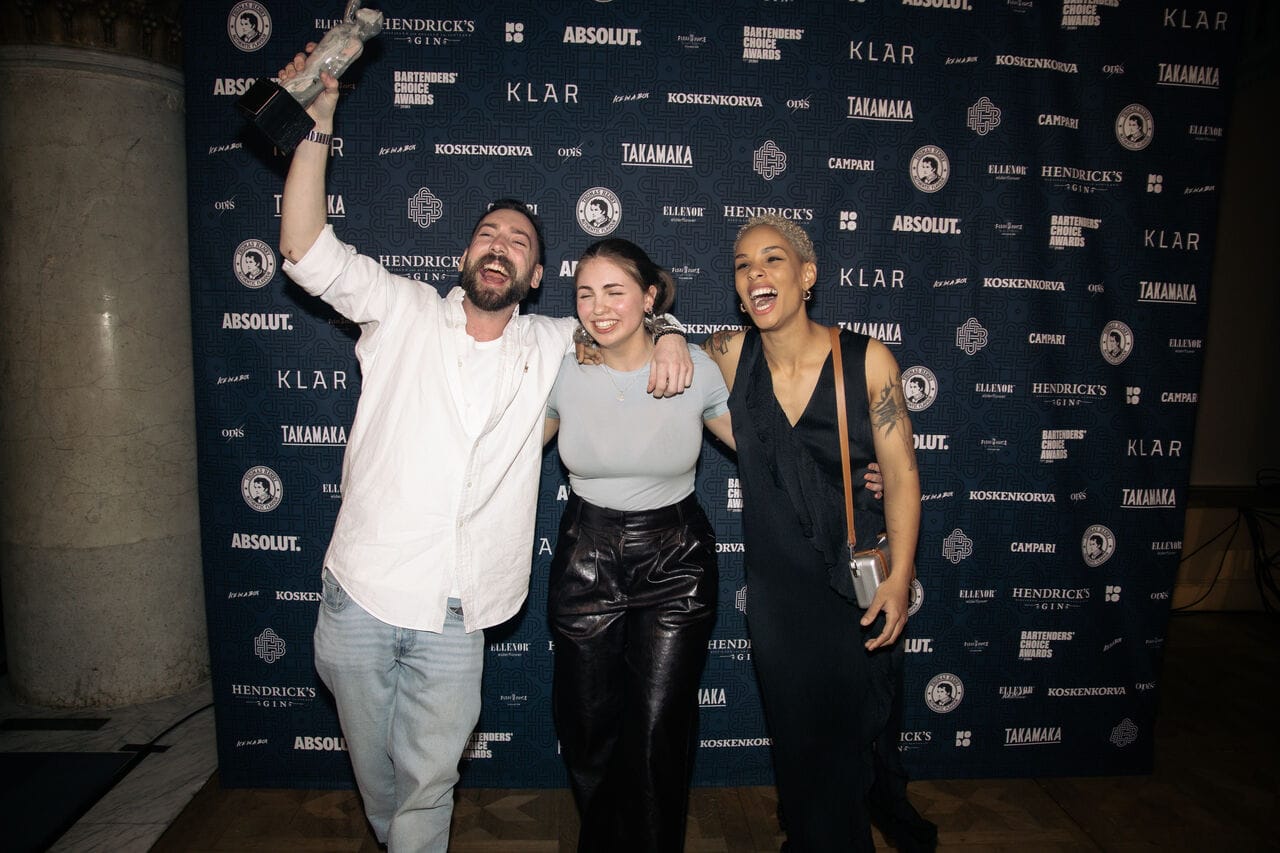
What’s your opinion on bartenders tending to travel a lot ? It raises their skill level, but on the other hand, drinks tend to start resembling each other.
Inspiration can come from anywhere. It might stem from a specific ingredient, or even from observing how bartenders work, how the bar is set up, or how the back bar is organized. In that sense, there's a lot of knowledge-sharing within the community—not just about ingredients and cocktails, but everything surrounding them. Traveling, beyond bringing inspiration, also helps to bring the community together. Of course, with everyone traveling so much nowadays, it's hard to say what the future holds. It feels like guest shifts are happening every night, with some cities hosting them constantly. I'm not sure if we're at the peak of the guest shift trend or if it will continue to grow or eventually taper off. I’m curious to see what the effects of this is in the future.
Is there a difference between the Stockholm scene and elsewhere in Sweden ?
Yes and no. Yes, there is a difference. No, I don’t think it’s mainly because of the different cities, instead because of what I mentioned earlier- they dare to reflect their own style and DNA.
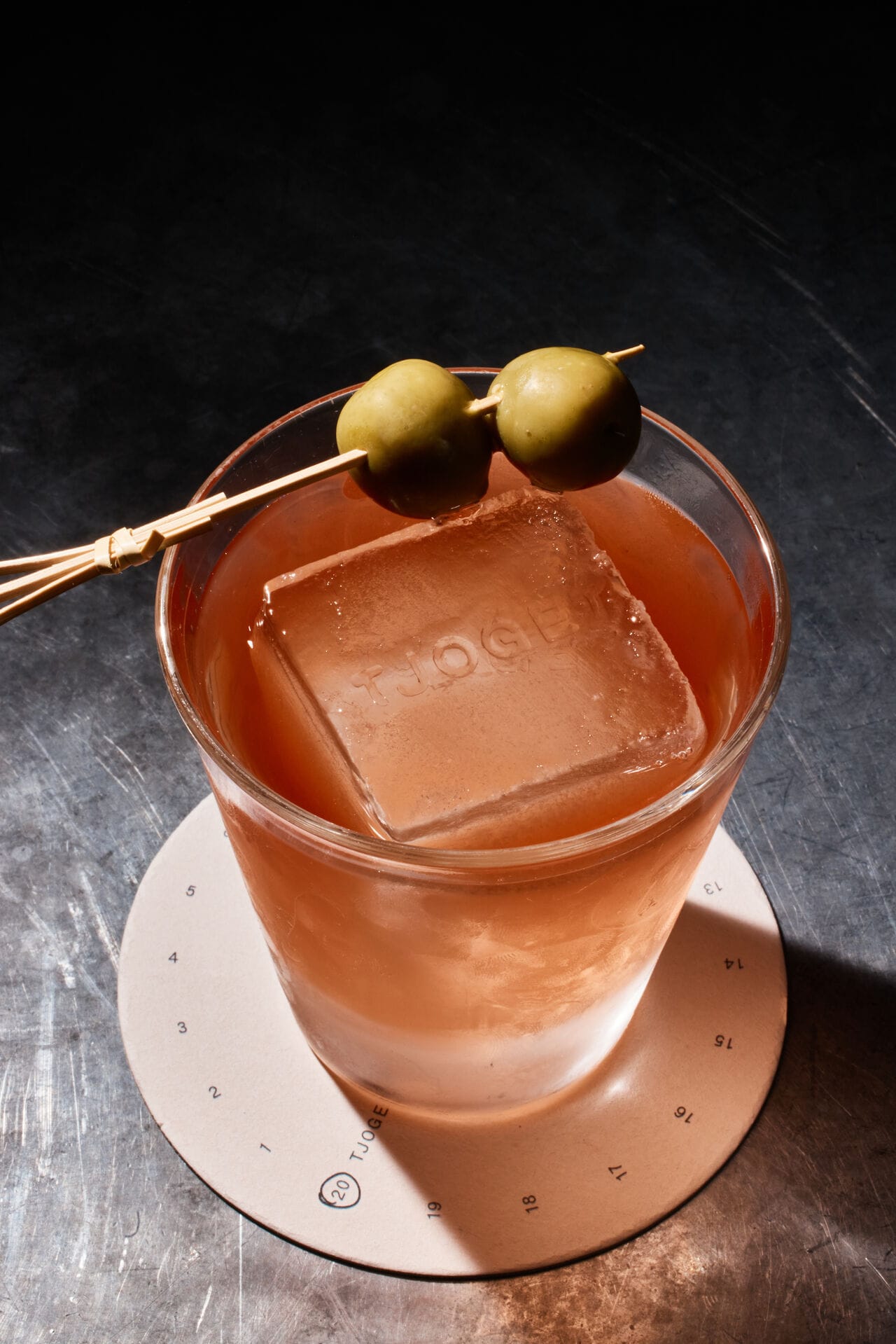
How’s the nightlife in Stockholm doing? In terms of restaurants and clubs, for example? Do some cocktail bars close late (after 2 a.m.) ?
It’s still going strong. Before, people would go clubbing more after 2am but now I find people searching for different options such as pubs and cocktail bars that are open for late night.
Does the culinary scene inspire you for cocktails ?
Yes, 100%. I think you can find culinary inspiration in any place you go to. Anything from cooking methods, infusions, pairings etc. but also in ingredients. However, I don’t really like those styles that are too savoury. I like it when you can complement a drink with a savoury element, but the key is when you find the balance to make the drink enjoyable. And I suppose that’s the case with all ingredients.
Is the history of cocktails old in Sweden ? Are there classic bars to be found ?
Not really. It’s pretty new compared to other big cities like London, New York, or Paris. We don’t really have “the old classic bars”. There is, however, a really cool hotel bar called the Cadier Bar, inside the Grand Hotel - one of the oldest hotels in Sweden. It’s a five star hotel that’s been open since 1874.
I’d say more elaborate cocktail bars in Stockholm are pretty “new”. Tjoget is probably one of the senior ones, and we´re 12 years old.
Is there a local trend you don’t see anywhere else that you see in Sweden regarding cocktails ?
Since Sweden is a very cold country, we don’t have lemons and limes growing naturally. So, you can see some bars working with alternatives e.g vinegar, whey or apples for acidity. That’s something locally common that you can find more here.
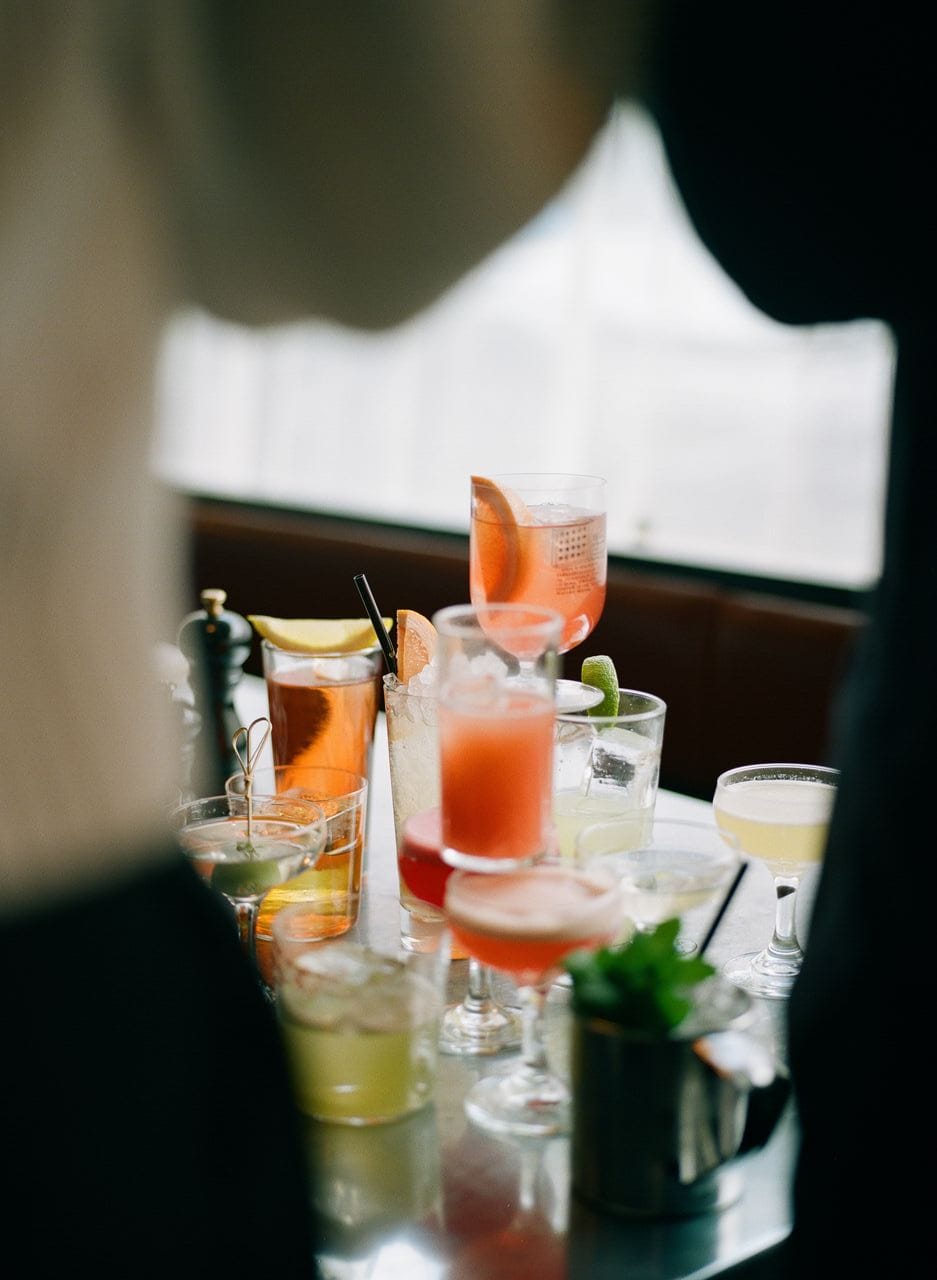
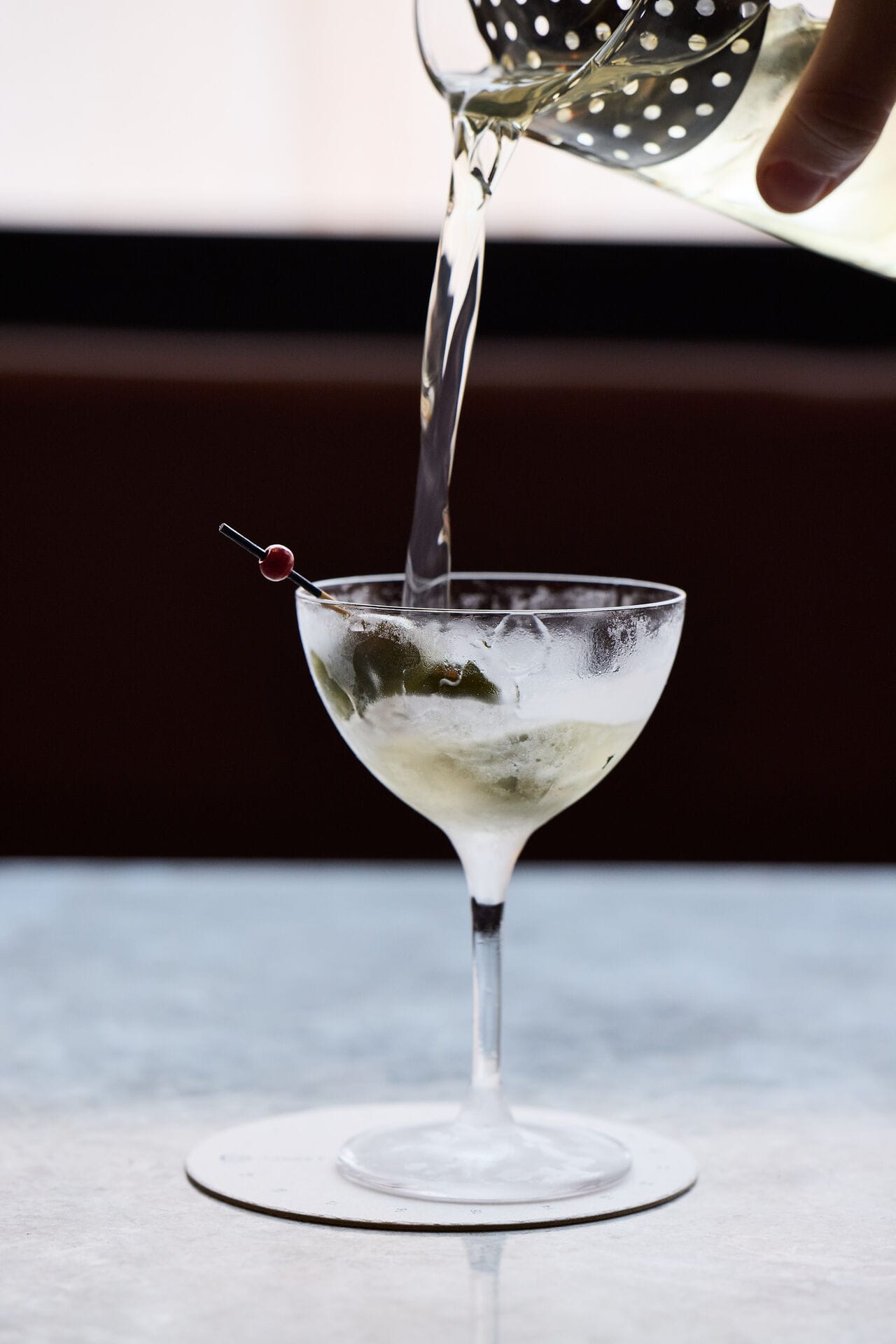
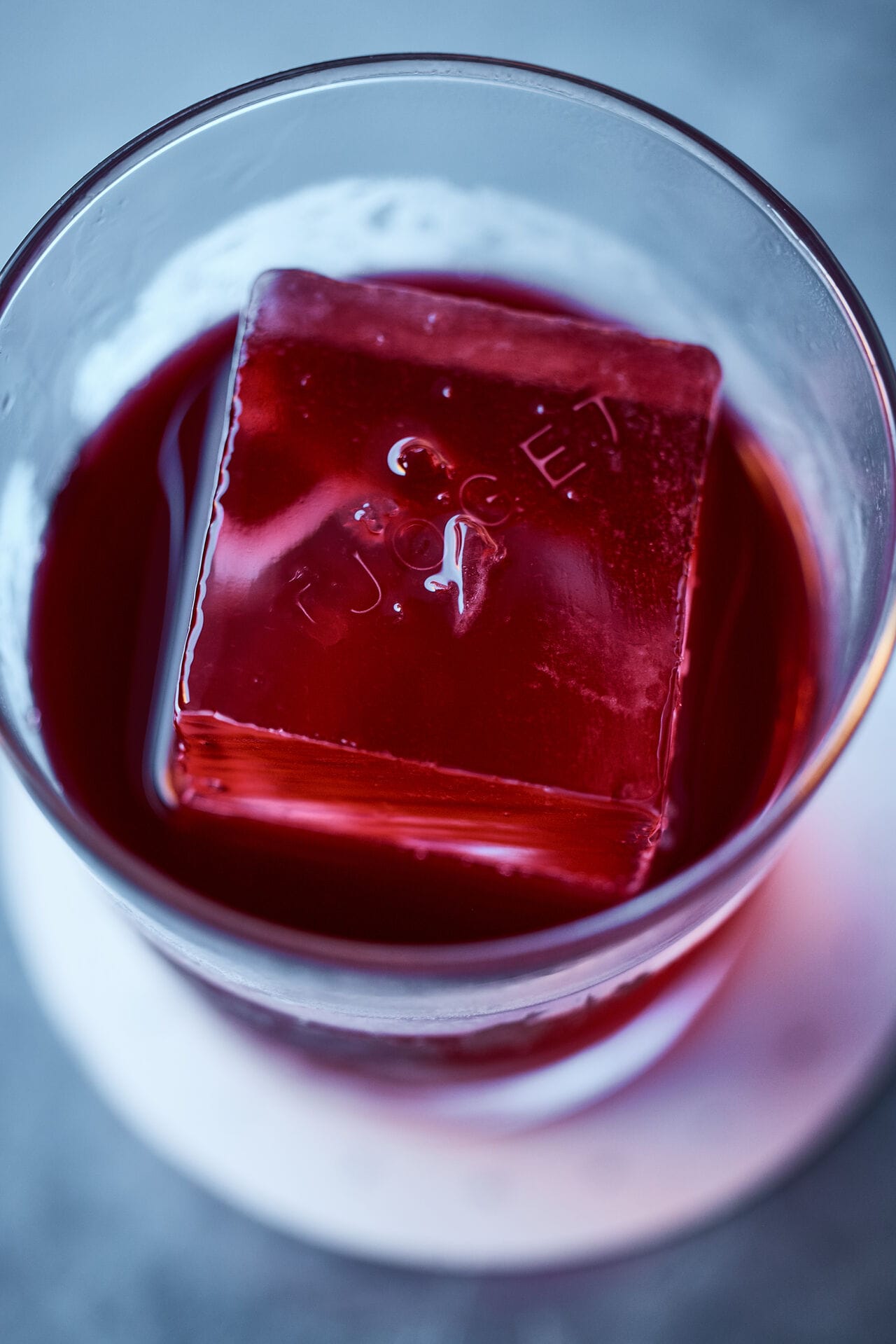
Do you make a lot of hot cocktails ?
Yes, we usually have a short menu with hot cocktails around Christmas / winter season that is very appreciated in this cold weather. A fun one we made recently was a warm stout cocktail with cream on top. The stout was a local stout with chocolate and pecan mud cake flavors, it was delicious!
What’s the image of aquavit in Sweden ? Is it a spirit widely used in cocktail bars in general ?
It’s been more common this last decade that you can find a cocktail with aquavit on the menu. But for Swedes, it’s more commonly something we drink for the big holidays such as Easter, Midsummer and Christmas. And will always be served together with food and a song.
How often do you change the menu?
We change the menu twice a year. So for the winter, more darker flavors such as darker spirits as base, fortified wines and spices. And during summer, it tends to be a bit lighter in style and more fruit focused, I’d say.
I have noticed that besides “seasonal cocktails”, you have “Tjoget classics” and “classics”. Do they change too every new menu ?
Yes, we change them as well depending on season and to balance up the signature menu. A few of the drinks on the “Tjoget classics” will always stay.
Do you have a signature cocktail, a drink that’s been there from the start and is still on the menu ?
Not from the start, but almost. Our signature cocktail is called Beets by Tjoget. It’s a beetroot cocktail with coconut, ginger, nutmeg and lemon. It’s created by the first bar manager at Tjoget: Ludvig Grenmo.
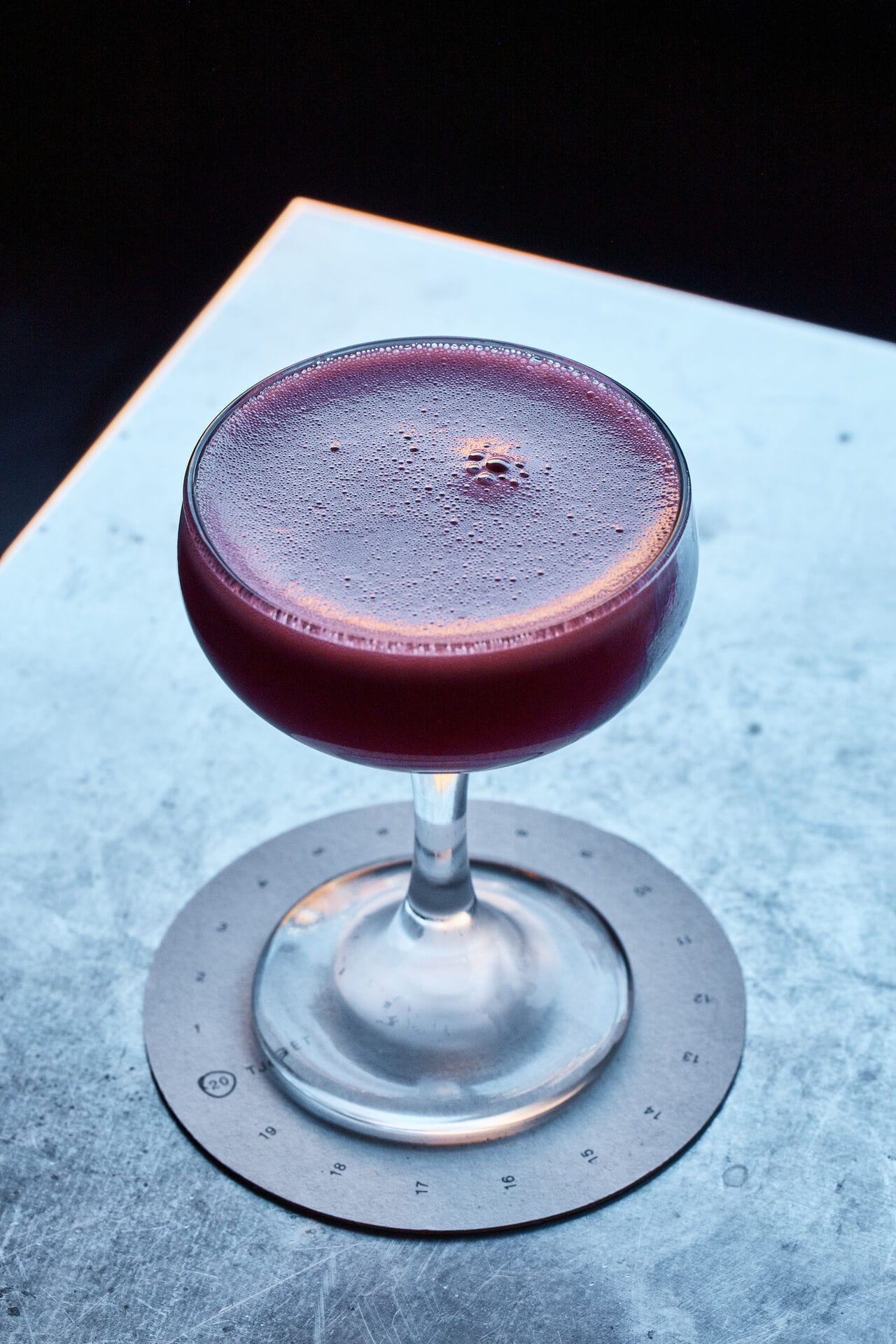
What makes a cocktail a Signature ? Is it because it’s the bartender’s favourite or the guests ?
The guests, 100%. A cocktail becomes a venue’s signature when you can take it off the menu, and guests keep ordering it. From that perspective, I’m 100% sure that would be the case with Beets by Tjoget.
Tjoget opened twelve years ago. What qualities are needed to last, based on your experience ? Do you need to follow trends ?
I think it’s important to stay true to your DNA and what you want your establishment to be. But in the same time, the most important part of any bar is the guest, so you have to keep up to date with the trends that affect what they want. And most importantly of all, HOSPITALITY. Without that, none of the above things really matter.
Why did you become a bartender ?
Like for a lot of my fellow industry colleagues, it just happened. I come from a small town in southern Sweden where the cocktail scene isn’t that big. After high school, I started studying wine and spirits mostly because I didn’t know what else I wanted to do at that time. Little did I know I was about to discover a whole new industry that I would love. An industry that during these 13 years has given me more experiences than I ever could’ve imagined when I first started (by coincidence) looking into it. Can’t wait to see what the next years in this industry will bring!
